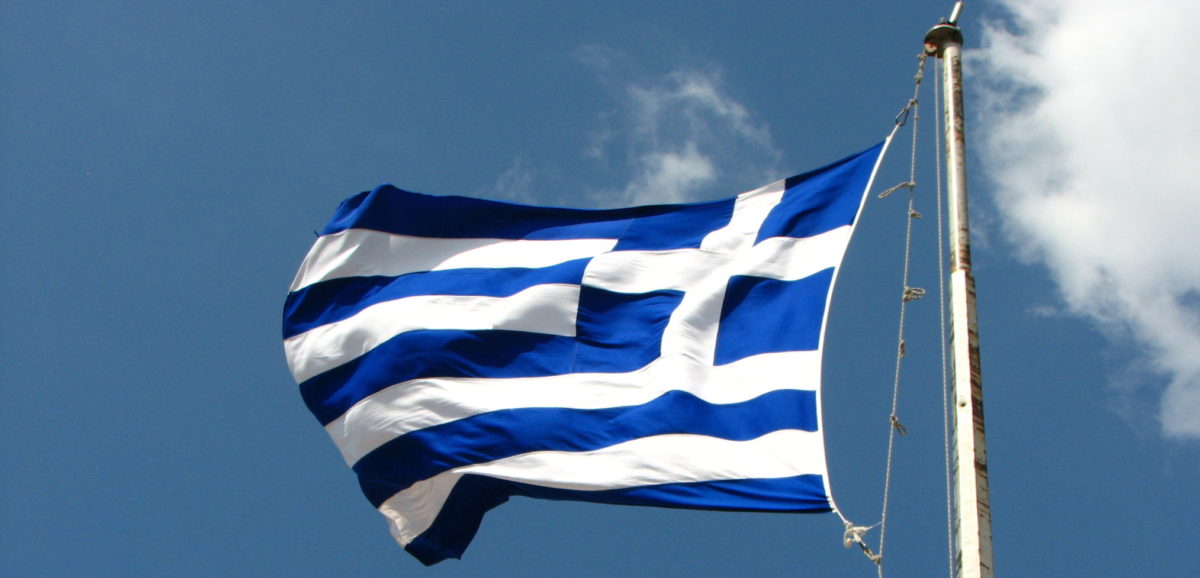While virtual net metering installations in Europe have made only a minor contribution to the overall growth of distributed generation (DG) solar, a couple of schemes in Greece have had a very positive impact on the communities that have been able to benefit from them.
However, a new challenge by the European Council to EU rules that currently allow virtual net metering threatens to outlaw it, putting in jeopardy a couple of Greenpeace-backed schemes that have helped a women’s and children’s hospital claim net metering credits.
Established earlier this year, Greece’s flagship virtual net metering project was a 10 kW rooftop array in Thessaloniki – funded by Greenpeace Greece – that was installed at a school in the city. However, while the solar power generated was fed as normal into the grid, the amount of electricity metered was claimed by the hostel. The scheme was the culmination of virtual net metering provisions that allow farmers and specific legal entities that undertake work of public value (such as schools, hospitals, councils etc) to install PV arrays far from the point(s) of electrical consumption.
Following this pilot scheme is a second project by Greenpeace Greece in Larissa. Scheduled for completion in November, a 15 kW solar system will be installed at a Larissa secondary school, with the saving distributed throughout the community and credited to a building that houses a day-care center for small children.
However, such projects could soon fall foul of proposed alterations to self-consumption laws laid out by the European Commission (EC). In documents passed to pv magazine by Greenpeace, it is argued by the German representative to the European Council that the definition of a self-generator should change, and can only be applicable for the production of electricity generated in the “direct vicinity of the place of consumption”.
The European Commission’s proposals for reform to the EU energy system gives general support to individuals, communities and cooperatives keen on generating their own renewable energy. The problem is that there are no specific rules supporting virtual net metering, meaning that such a loophole could well be closed if the European Council enacts the proposal put forward by Germany.
The latest European Council literature on this now defines a renewable self-consumer as those that “consume or sell renewable electricity which is generated within the same site where it was consumed or sold” – an amendment to the previous wording, and a direct nod to the proposals outlined by the German representative.
According to Greenpeace, these proposals would scrap virtual net metering just as it is getting off the ground. “All Europeans should be able to produce their own renewable energy and be rewarded with a fair price,” said Greenpeace EU energy campaigner Sebastian Mang. “To resist the innovative inclusion of citizens in the energy system, for the benefit of dirty energy corporations, is shameful. EU rules on energy must put renewable energy in the hands of the many, not dirty energy in the hands of the few.
“These municipalities in Greece have shown that renewables can support vulnerable citizens and alleviate energy poverty. For the EU to pull the rug out from under these disadvantaged communities would be a disgrace.”
This content is protected by copyright and may not be reused. If you want to cooperate with us and would like to reuse some of our content, please contact: editors@pv-magazine.com.



By submitting this form you agree to pv magazine using your data for the purposes of publishing your comment.
Your personal data will only be disclosed or otherwise transmitted to third parties for the purposes of spam filtering or if this is necessary for technical maintenance of the website. Any other transfer to third parties will not take place unless this is justified on the basis of applicable data protection regulations or if pv magazine is legally obliged to do so.
You may revoke this consent at any time with effect for the future, in which case your personal data will be deleted immediately. Otherwise, your data will be deleted if pv magazine has processed your request or the purpose of data storage is fulfilled.
Further information on data privacy can be found in our Data Protection Policy.